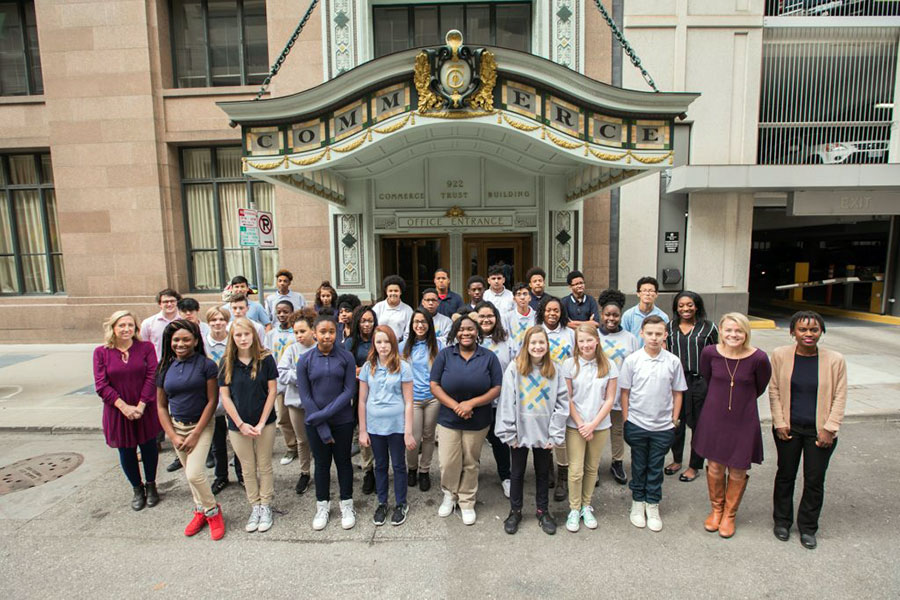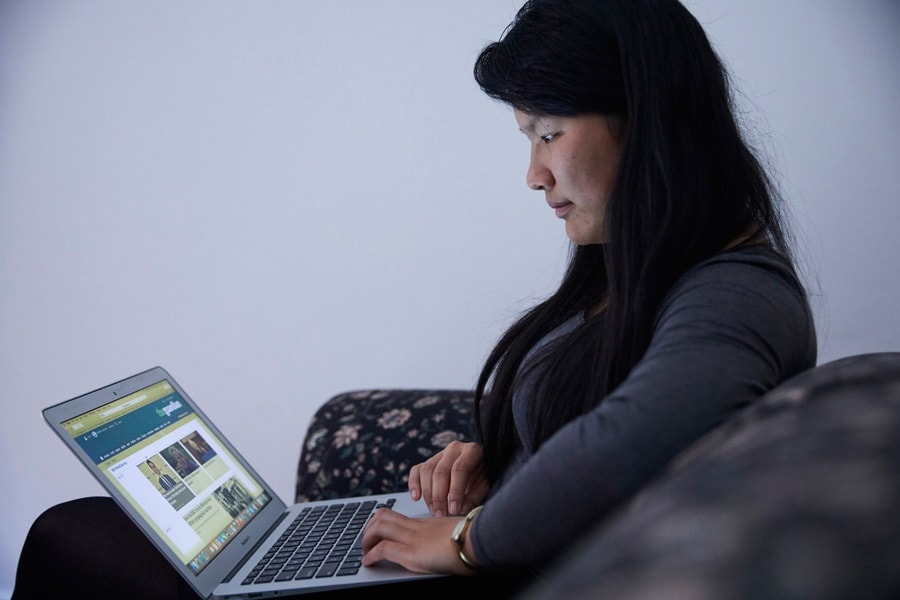Whether a high school student, a fresher or a graduate trainee, learning to focus better while studying is an effective way to improve grades. However, maintaining concentration to study for long periods can be tricky. There are simply too many distractions today, from social media, text messages and videos to emails. If struggling to stay motivated when studying, here are some tips and techniques to help with concentration:
Create a plan
As a student, it is a good idea to know in advance your coursework and semester dates. Find out when essays are due and know the exact dates of individual exams. This information will provide a head start when mapping out one’s work.
Be sure to have a target to achieve each week, whether reading, researching, writing, revising or preparing presentations. Having a schedule and study plan helps maintain focus and assists with staying on track to have everything ready before the deadlines.
Here is an excellent example of a study plan with action details: Schedule one hour to read pages 25 to 32 of the Nursing Diagnosis Handbook and create a summary diagram.
Create a relaxed study environment
Research shows a clean space makes way for a clear mind. If enrolled in an online study program such as the online mental health counseling master’s programs, it is helpful to have a serene and relaxed study environment free from distractions. The online counseling program at American International College integrates theory, research and clinical skills, offering flexible enrollment options and no campus travel for working professionals.
Tidy the room and clear the desk of all clutter. Additionally, ensure your space is somewhere that is enjoyable to spend time in. A familiar location can help relax the senses and put one in a good frame of mind to get work done. Some of the tips to create an ideal study haven include:
- Creating a designated distraction-free zone that guarantees privacy.
- Place potted plants strategically in the room.
- If music is helpful, play calming music.
- Get good lighting that brings warmth and vitality to a room.
Stay organized
A study has established human brain processes information more effectively in an organized environment. With this in mind, it may be a great idea to put on the desk only the materials needed to complete the current task. Make a list of all the items required while studying and ensure only those items are on the desk. If the study area is cluttered, take a few minutes to tidy it up before starting work. A neat and tidy desk has a calming effect on the mind which helps with focusing on the tasks at hand.
Recording oneself while studying
This tip may sound odd, but it actually works well. Using a phone camera or webcam to record oneself while studying helps create accountability. Instead of having someone to check on progress, a camera watches everything. Knowing they are being watched will bring student’s wandering mind back on track. A watchful camera is also a powerful reminder of a solid commitment to study.
Control the music
Some people love listening to music while reviewing study materials. The right song can relax the mind and induce a good mood. However, if one finds themselves focusing on the lyrics at the expense of their notes, music is counterproductive. Some great music genres that produce the same pleasant effects without the distraction include classical music and orchestras.
Use scents to increase concentration
If a little motivation is needed before studying, try some essential oils. In recent times, essential oils have gained popularity among people looking for natural remedies to improve cognitive function. Specifically, lavender, rosemary and peppermint oils are shown to increase retention and concentration. The aroma of these oils has been also been found to reduce stress and anxiety, which can positively impact your study experience. Dab a little of the oils on the wrists before hitting the study desk.
Ensure there is comfortable seating
Good posture improves concentration in individuals studying or preparing for exams. When choosing a place to study, pick a place with ergonomic furniture to promote good posture for long periods. The right chair with ideal back support and an ideal desk at an appropriate height will promote good posture and health and increase energy levels. An upright posture is a testament to excellent mental health and happiness.
Take regular breaks
Research shows productivity increases when students take regular breaks. By breaking down study sessions into manageable chunks with breaks in between, one is more likely to remain focused and engaged in the task at hand. For every 45 minutes of uninterrupted work done, take a 15-minute break away from the desk. During the breaks, go for a short walk outside, stretch, or have a little fresh coffee.
Avoid social media distractions
In the current digital era, it has become too easy to be distracted by social media. Ignoring the alluring sounds of Instagram, TikTok or Facebook notifications is becoming a challenge. It is easy to spend the entire day scrolling through funny videos and enthralling updates at the expense of one’s studies. That is why keeping phones and other devices away from the study desk is a good idea. It is also helpful to leverage browser extensions such as ‘StayFocused’ to block distracting websites for a specified amount of time.
Keep track of all the completed tasks
It also pays to keep track of all the tasks completed each day, which will make it easy to monitor whether the goals set in the study plan are being met. If the tasks are not being completed on time, it might help to tweak the study time further, including increasing the time required for each task. However, if the tasks are completed with time to spare, one may need to set higher targets. Keeping track of the completed tasks is a great way to measure progress. Productivity is a powerful motivation.
Key takeaway
Balancing studying and coursework with your obligations outside of school is no mean feat. However, with some strategy, planning and organization, one can easily create a conducive study environment for tackling any assignment or exam.
























